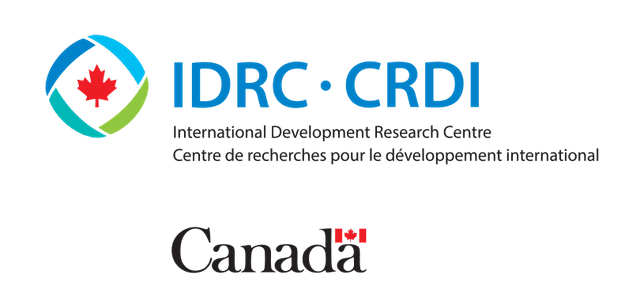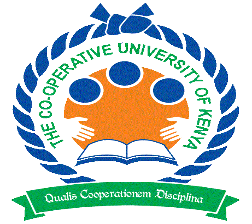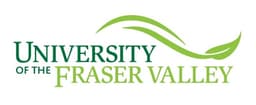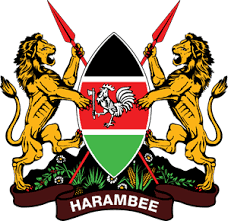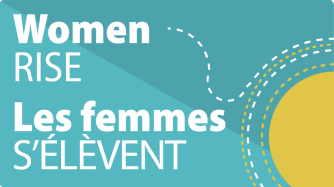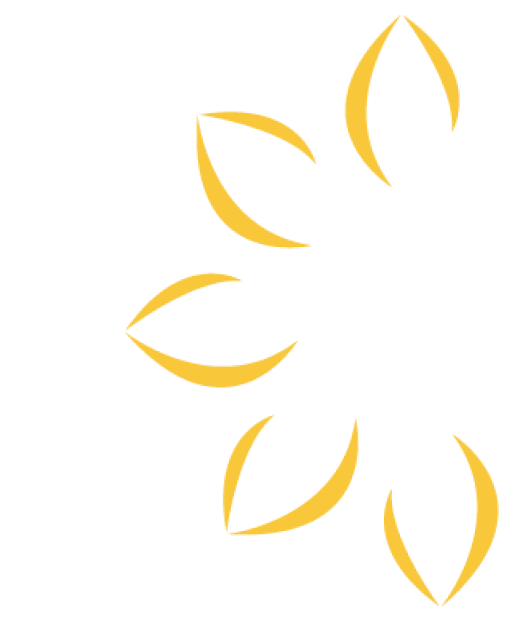
About WINRACK
Our project seeks to understand and address the underlying factors influencing the effects of COVID-19 on women's employment, engagement, and well-being within agricultural cooperatives across Kiambu, Kajiado, and Taita Taveta counties in Kenya. The research outputs and larger project impact contribute to the global conversation on
'One Health'
'One Health' is an integrated, unifying approach to balance and optimize the health of people, animals and the environment. It is particularly important to prevent, predict, detect, and respond to global health threats such as the COVID-19 pandemic (WHO).
as defined by the World Health Organization.
Get a closer look at the project in this video.
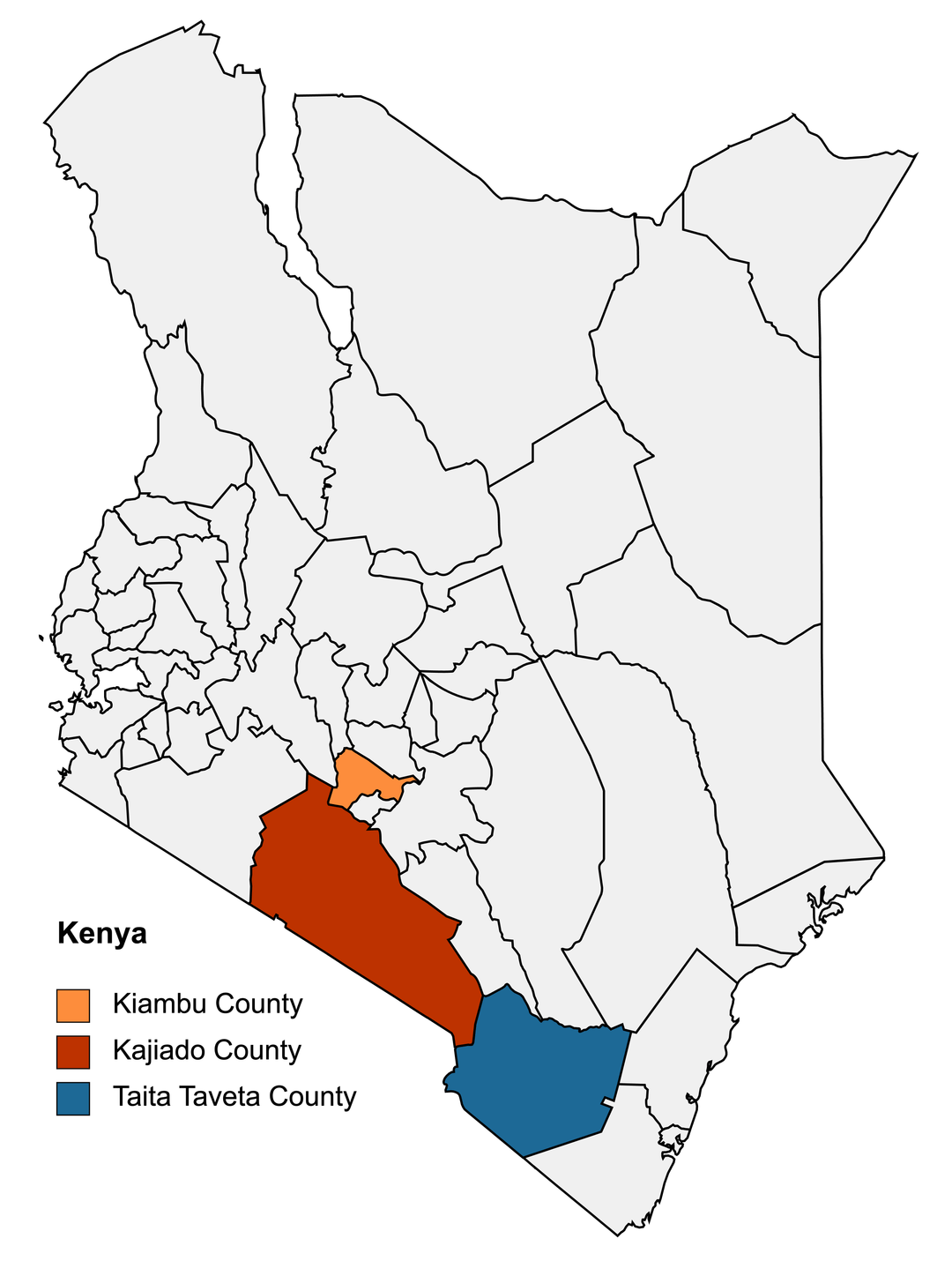
Why Agricultural Cooperatives?
Amid economic challenges, cooperatives contribute to sustainable and gender-responsive development, with agricultural cooperatives shaping Kenya's socio-economic landscape.
Our research is an understanding of the transformative impact of cooperatives on the lives of individuals and communities.
Project Locations
Kiambu, Kajiado and Taita Taveta
We recognize the diversity in each county's socio-cultural, economic, and geographic features. Our goal is to contextualize commonalities and differences across these contexts to gain insights into the nuances within different communities.
Objectives
- Examine socio-cultural, economic, and technical barriers to women's participation.
- Identify the gender-based factors in impact of COVID-19 on women’s work in agricultural cooperatives.
- Assess use of agricultural cooperatives as leverages for gender-responsive healthcare financing.
- Determine gender-responsiveness of policies, practices and strategies put in place to alleviate the impact of COVID-19.
Capacity Building and Data Collection
- Women RISE launch meeting in Nairobi, Kenya and forming the project team.
- Ongoing monthly team meetings.
- One-day stakeholders forum for county cooperative officers.
- 18 enumerators and 2 research assistants trained on baseline data collection.
- Engagement with 18 agricultural cooperatives across Kiambu, Kajiado, and Taita Taveta counties for baseline surveys.
- 510 interviews with women from cooperative member households.
- 21 Focus Group Discussions (FGDs) with women and men cooperative members.
- 39 key informant and in-depth interviews with cooperative leaders.
Data Analysis and Co-Created Interventions
- 12 FGDs for stakeholder mapping of the agricultural sector.
- 3 county-level human-centred design health ideation workshops involving coop officers from 9 agricultural cooperatives engaging 50 participants.
- 1 national-level workshop with cooperative officials, ordinary cooperative members, governmental representatives, and influential figures within the cooperative sector.
- 5 research team training (stakeholder mapping, gender, transformation, outcome mapping, data analysis, writing workshop).
- Women RISE East Africa Regional Learning Workshop and Women RISE Initiative Virtual Mid-term meeting.
Gender-Transformative Training and Project Monitoring
- Household and cooperative gender-transformative training manual developed centred around the “Family Life Model.”
- 54 household-level and 18 cooperative-level two-day gender-transformative workshops.
- Three-day follow-up workshop with each intervention cooperative to support policies for integrating gender in cooperative operations and governance.
- 2 knowledge mobilization presentations in Canada at UFV.
Assessments and Community Engagement
- End-term survey to determine the effectiveness of the interventions and document lessons learned.
- Conference presentations and academic publications.
- Engaging documents that support the agricultural cooperative members.
- Community dissemination activities.
- Supporting cooperative-led healthcare implementation.
Image Gallery
Visualizing the Journey: From Past to Present
Theory of Change
Interventions
HOUSEHOLD LEVEL
Participatory gender transformative training focusing on barriers to women participation, access to health.
COOPERATIVE LEVEL
- Capacity building of cooperative leaders
- Development of governance tools
- Human-centered design for healthy innovation
Outcomes
Reduced barriers to women's participation in agricultural cooperatives
Increased participation of women in agricultural cooperatives
Enhanced access to healthcare financing
Impact
Inclusive, sustainable and healthy agricultural cooperatives
Expected Results
Collaborators
This project is funded under Women’s health and economic empowerment for a COVID-19 Recovery that is Inclusive, Sustainable and Equitable (Women RISE), an initiative of Canada’s International Development Research Centre, the Canadian Institutes of Health Research and the Social Sciences and Humanities Research Council.


